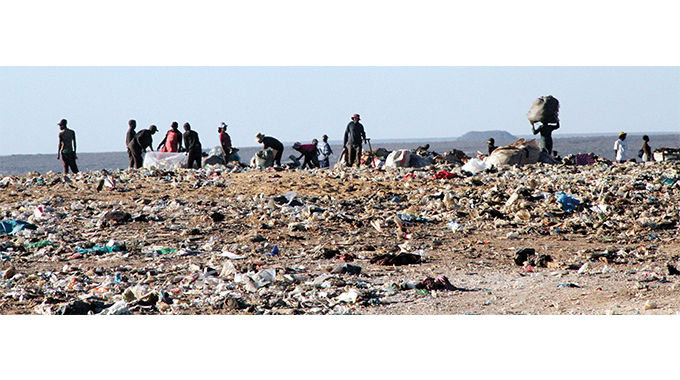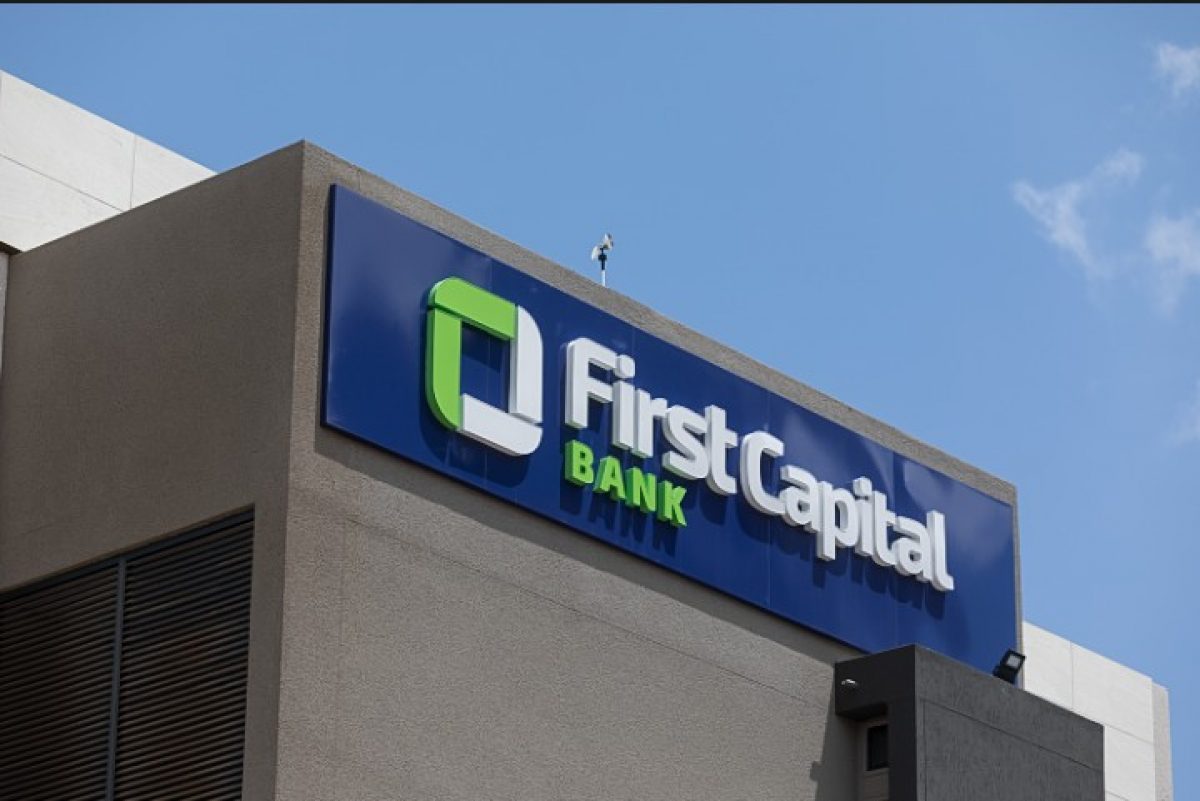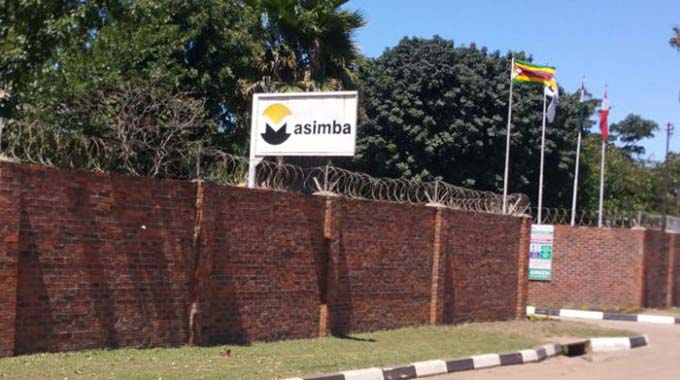Private sector roped in to rebuild national herd
Efforts to rebuild the national cattle herd are underway, with Government and the private sector in partnership with activities that support livestock value chains to reduce livestock poverty deaths and contribute towards the development of a diversified agricultural sector that promotes inclusive green economic growth.
The Beef Enterprise Strengthening and Transformation (BEST) project, which is running under the Zimbabwe Agricultural Growth Programme (ZAGP), is being implemented in Manicaland, Masvingo, Mashonaland Central, Midlands and Matabeleland North.
ZAGP is a partnership between Government and the European Union supporting livestock projects.
Under the project, intensive training of cattle producers is being done by Agritex, the Department of Veterinary Services and the private sector to boost production and reduce livestock deaths.
It is presently targeting 24 900 small to medium cattle producers in 10 districts — Makoni, Buhera, Mt Darwin, Gokwe South, Shurugwi, Kwekwe, Umguza, Lupane, Chiredzi and Mwenezi. BEST project team leader Mr Mark Benzon said 85 hectares of irrigated pastures were being established.
The project erected two centre pivots, one in Umguza, Matabeleland North Province at Balu Estate covering 50 hectares and another in Masvingo, Mwenezi, at Lapache covering 35 hectares.
“The two sites will be pivotal in off-season production of quality hay, backgrounding for pen fattening and relief grazing,” said Mr Benzon. “So far at Lapache, 17,5 hectares of Rhodes Reclaimer grass has been planted and is now approaching harvesting.”
The irrigated pastures will save cattle losses in Masvingo and Matabeleland North through poverty deaths.
In addition, priority feeding of critical productive cattle stock like cows and calves will ensure increased production and productivity. The BEST project was also constructing 10 main and 50 satellite cattle business centres across Zimbabwe’s rural areas that will act as a livestock agribusiness hubs with supporting infrastructure, where farmers can access extension, input and output marketing and financial services.
“We are partnering with stock feed companies to sell cattle drought survival meal at the centres; thus farmers will have local access to critical inputs instead of travelling long distances to major cities and towns,” said Mr Benzon. “The project has brought formal markets to rural communities.
“Farmers used to travel long distances to the nearest cities to access livestock inputs, markets and financial services. All these services are now at their door steps; thus transaction costs have been significantly reduced.
“With 60 cattle business centres established across Zimbabwe, beef cattle producers have been linked to formal off-take markets and can now cull their excess stock through feed and swap services, rather than losing depleted starving stock to middlemen at low prices.-herald.cl.zw










